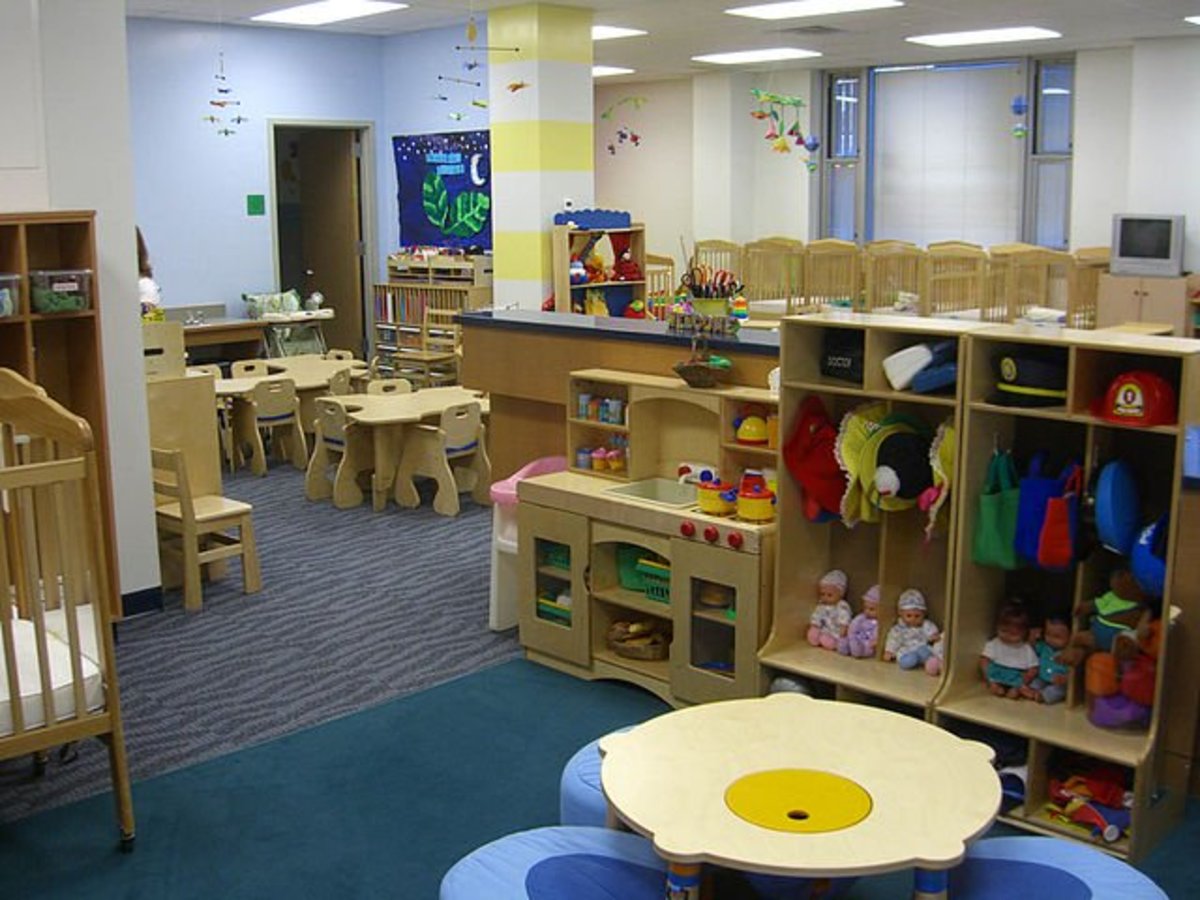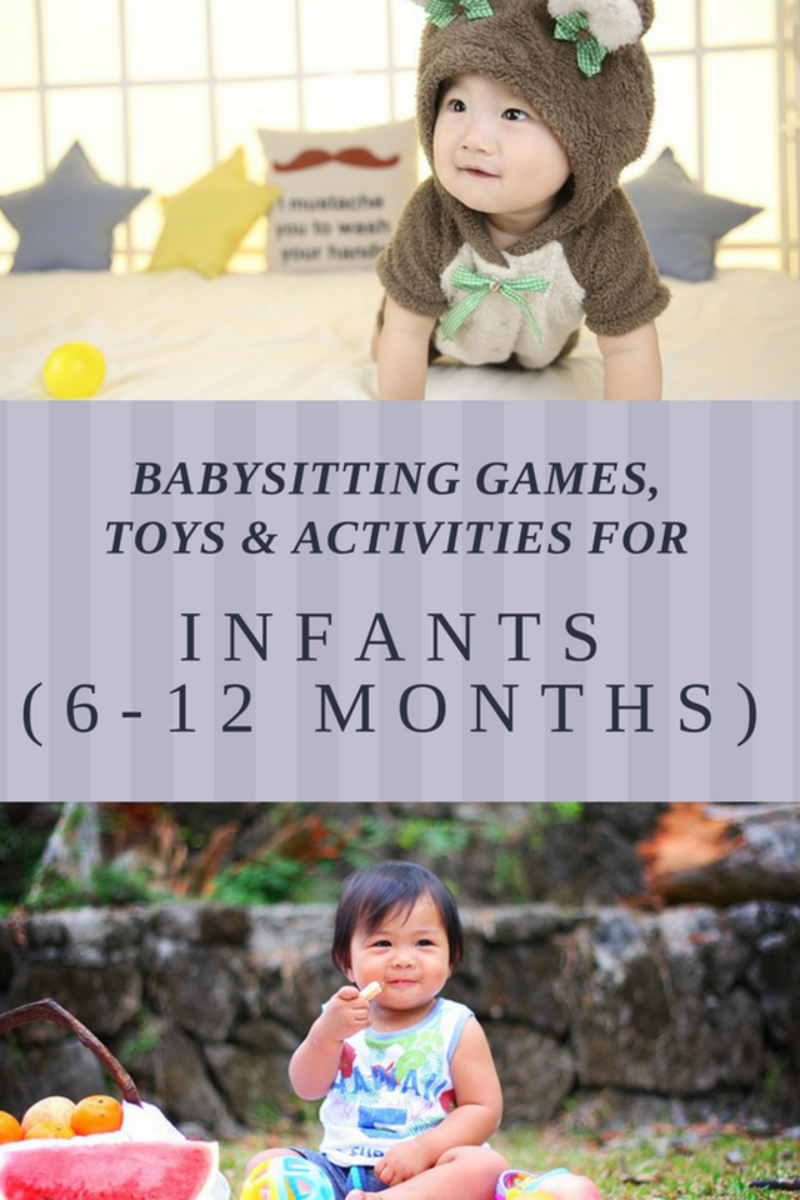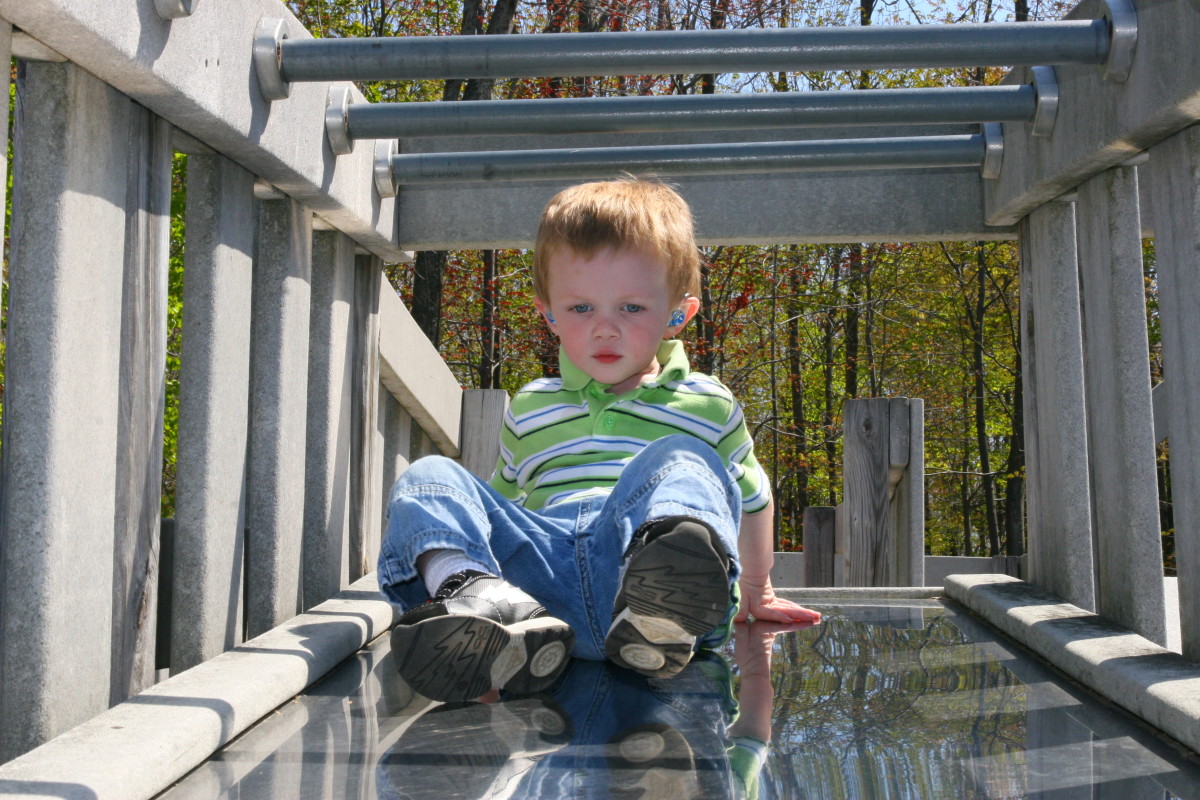Requirements for a Daycare or Child Care Center Licensing

Your Daycare Needs Licensing
In every state in the country, you need a license to care for children that aren't related to you in exchange for pay. Most states allow home daycares, which allow you to care for kids in your home, but if your home doesn't have enough space, or if you just want to keep work separate from your home life, you may want to rent a dedicated space for your child care center. This can be either in an office building, a separate house or another space exclusively for childcare.
Each state has its own unique set of regulations, forms, application processes and requirements you must meet to legally open a daycare. Most states' laws distinguish between a home daycare center in a private residence and childcare center in a dedicated space. Though the details vary, the process for how to get a license for your daycare center shares many similarities from state to state.
Daycare License Requirements
The first thing you need to do to obtain a daycare center license is to contact the local branch of the state agency that regulates childcare services. In some states, this is the state department or board of health; in others, it may be Social Services, the state department of children and families or the bureau of labor. Check the licensing agency link at the end of this Hub to check who you need to contact in your state to get a daycare license. The agency will put you in contact with your local licensing representative.
Once you contact the correct daycare licensing agency, they'll typically send you an application packet containing:
- all the necessary forms you need to fill out to begin the licensing process;
- instructions on how to fill out the form;
- list of approved inspection contractors, if necessary;
- details for how to get certified in child and infant CPR;
- any other requirements for daycare licensing.
Books for Daycare Providers
Eligibility for a Daycare License
Though the exact requirements for starting a daycare center may vary from state to state, and sometimes from city to city, there are usually a few things they all require.
Criminal background checks for you and any other caregivers you intend to hire in your childcare center. If you or any of the caregivers you're hiring have a pre-existing felony, this may not necessarily preclude you from becoming licensed as a daycare. Usually, the board will investigate further. Some states will only deny applicants with felonies related to violence, assault or other crimes that may show the applicant to be a danger to children, and may accept applicants with lesser, "victimless" crimes with no history of violence. Some states will deny anyone with any type of history of conviction.
Electronic fingerprinting may also be a requisite in your state. Some states require that only the applicant for the license submit an electronic fingerprinting clearance form; others may require it from all caregivers who will come in contact with children in your child care center.
Health clearance is usually obtained from a licensed health care provider. Your doctor must certify that you're free of any mental or physical impairments or illnesses that may prevent you from performing child care duties. Typically, you must obtain this for every caregiver in your center, as well.
CPR and first aid certification is a requirement in almost every state for all caregivers in a daycare center. Most states require, at minimum, that you have certification in child and infant CPR. Other states may also require you to know adult CPR and have full first aid training, which may include training for blood-borne pathogen emergencies. The American Red Cross often offers accredited courses specially tailored for child care providers. If there aren't any Red Cross training centers in your area, your daycare licensing application packet will have details about how you can get certified, as well as the types of certification the state daycare licensing agency requires.
Child care training is usually a part of the licensing application process. Some states require that you attend a state-mandated orientation course which walks you through the state's expectations for an acceptable and compliant daycare center. Other states require a minimum of experience or care-giving experience with children to apply for a license.
A written licensing exam may be a part of the daycare licensing application requirement. Usually, only the primary applicant needs to take this exam. It typically covers the state's laws and regulations for operating a childcare center. If your state requires a written license exam, the application packet will contain details about how you can study and how you can arrange to take the test.
The Daycare Licensing Process
As well as having requirements that the individual childcare givers must meet, most states have requirements for the child care facilities you'll use for your daycare center's place of business. These may include, but aren't limited to:
A safety inspection, usually performed by the licensing agent or an authorized representatives. This inspection ensures that your daycare center meets minimum safety and hygiene standards, such as having adequate covering of electrical outlets; that it is clean and well-maintained; and that the facilities are not in need of any significant repairs or don't have any damage that may pose a danger to the kids in your care.
A fire inspection to ensure your daycare facilities have adequate smoke detection and alarms. Some states also require that you have a carbon monoxide detector for your facilities.
Radon inspections demonstrating your child care center doesn't exceed the minimum acceptable radon levels.
Heating, plumbing and electrical inspections to verify that your facility's heating, hot water system and water-drawing system comply with the state's safety and health regulations.
Zoning law compliance that demonstrates that the zoning laws in your area allow you to care for children for pay legally in your facility.
Prior to approving your daycare license, the state may also ask you to show that your child care center complies with other regulations, such as minimum square footage, appropriate amounts of toys, a publicly posted discipline policy, a clean kitchen or food preparation area and a fire and emergency evacuation plan.
Helpful Childcare Resources
- How to Start a Daycare Business
- State Daycare Licensing Standards and Requirements
State by state daycare listings and contact information. - How to Start Your Own Daycare
Start your own daycare, A resource for parents and providers with state by state daycare listings, free preschool printables, daycare resources, teacher curriculum ideas, parenting articels and more...... - Child Care Licensing Agencies by State






